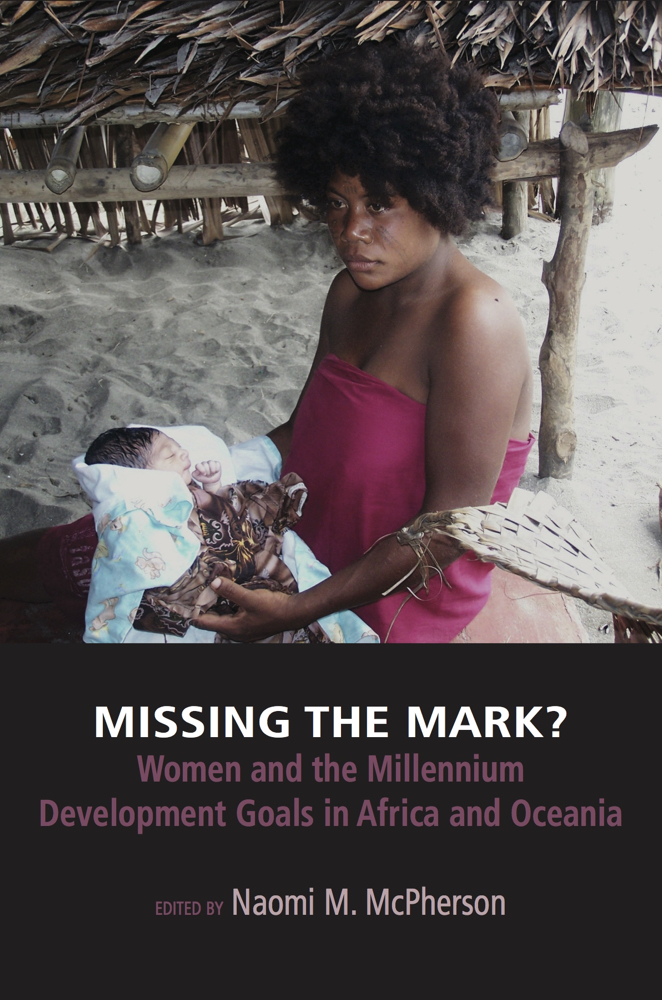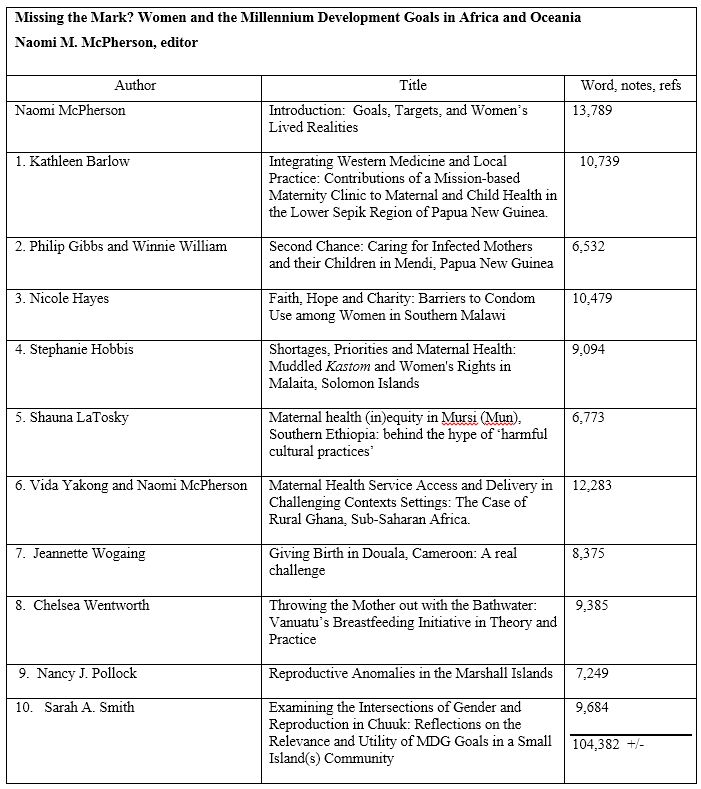
Price: $34.95
Page Count: 317
Publication Date: April 2016
ISBN: 978-1-77258-004-4
This is a unique book that brings together fine-grained ethnographic research on women’s health in various global contexts, and does so in the particular development context of the Millennium Development Goals. The topic is significant, particularly as we have come to the end of the timeframe of the MDGs and there is work being done to shape where the development and maternal health fields go from here. Having a socio-cultural perspective is imperative at this point.
—Susan R. Hemer, University of Adelaide
This book provides a detailed narrative that gives a much needed voice to women.
It is an enjoyable read that illustrates the complexity of a problem that is often oversimplified.
—Dale Ballucci, Western University
This volume is both timely and relevant to a wide range of disciplines including social sciences, health care, and development studies. The ethnographic focus is particularly welcome. It illustrates the range of cultural variation and the complexity of measuring and attempting to meet the MDGs.
—Susan Schalge, Minnesota State University, Mankato

Naomi McPherson is Associate Professor Emerita, Cultural Anthropology, the University of British Columbia, Kelowna. From 1980 to 2009 she has returned six times to her field site in West New Britain, Papua New Guinea to live and learn among the Bariai. She focusses on Bariai world view; life cycle ceremonies for the firstborn child and the dead; mythology, the pre-and post missionization belief system and ritual; gender concepts and gender relations; gendered violence; ethno-obstetrics, women’s maternal and reproductive health. Selected publications include: Childbirth: A Case History from West New Britain, Papua New Guinea, Oceania 1986; Modern Obstetrics in a Rural Setting: Women and Reproduction in Northwest New Britain, Urban Anthropology 1994; Women, Childbirth and Change in West New Britain, Papua New Guinea. Ed. P. Liamputtong, 2007; Sik AIDS: Deconstructing the Awareness Campaign in Rural West New Britain, PNG, Eds. R. Eves and L. Butt 2008; Myth, Women and the Female Ideal in Bariai, Ed. S. Dunis, 2008; Anthropology of Mothering. Eds. M. Walks and N. McPherson, Demeter 2011; Black and Blue: Shades of Gendered Violence in West New Britain, PNG, Ed. C. Stewart 2012. From 2011-2015 she was Editor-in-Chief of the Canadian Anthropology Society journal, Anthropologica, and is currently preparing an ethnography of Bariai culture from the 1920s to present day.


